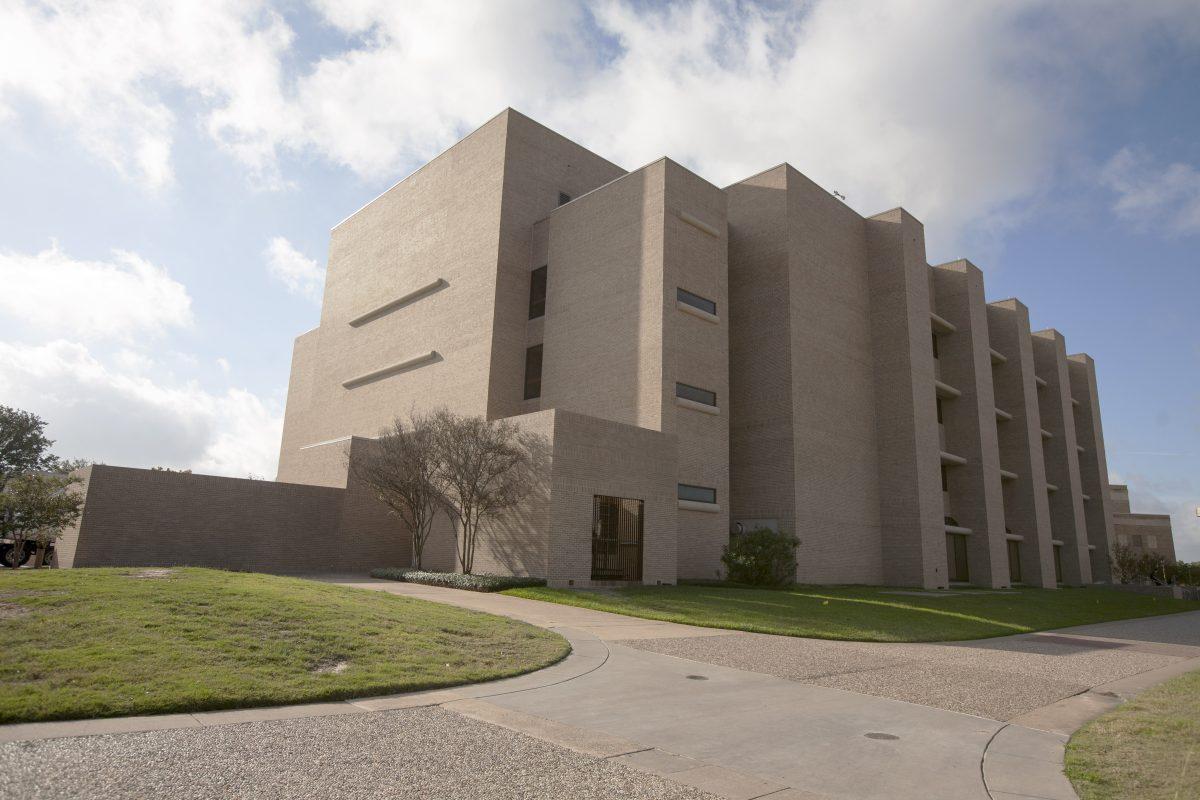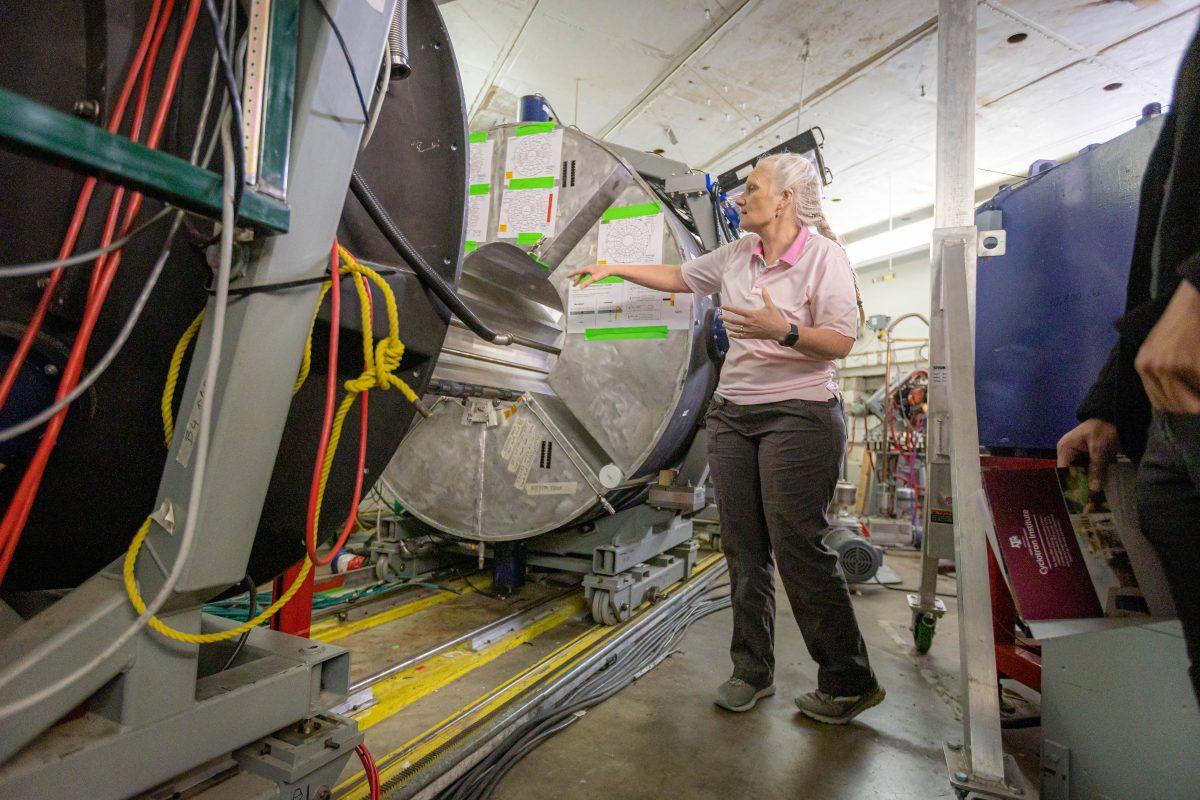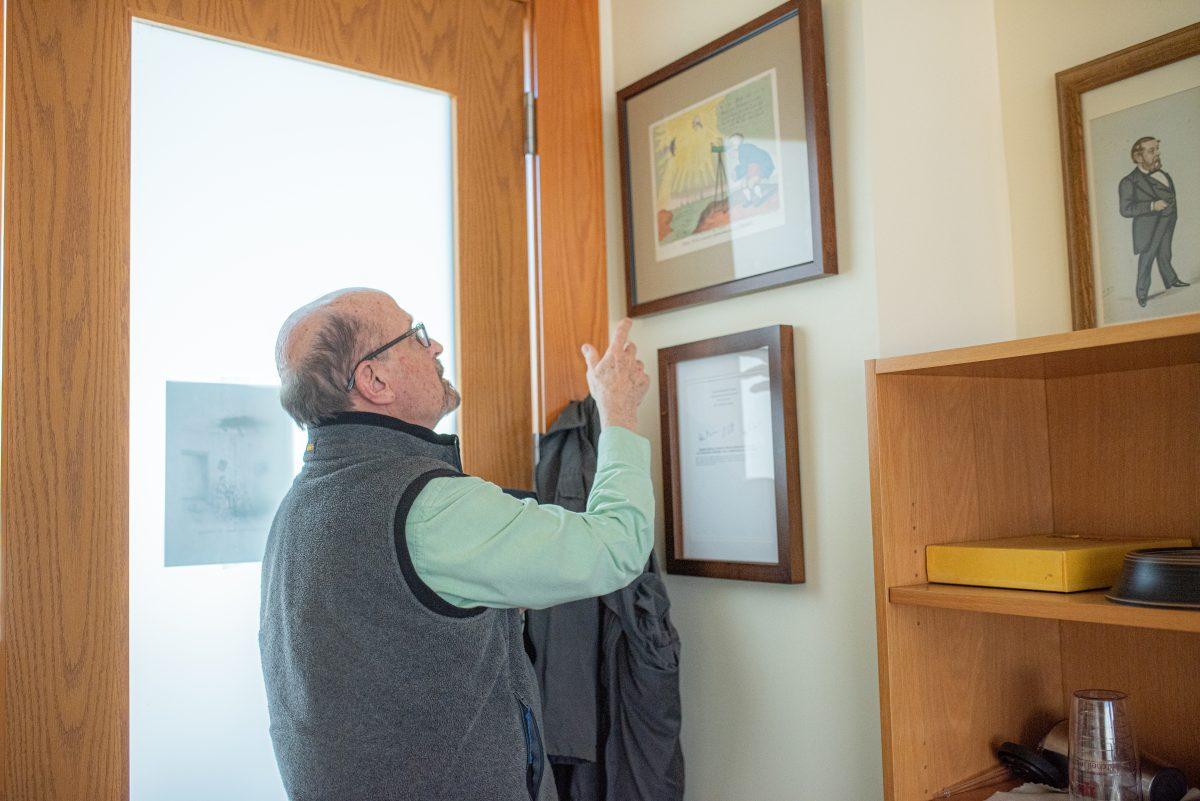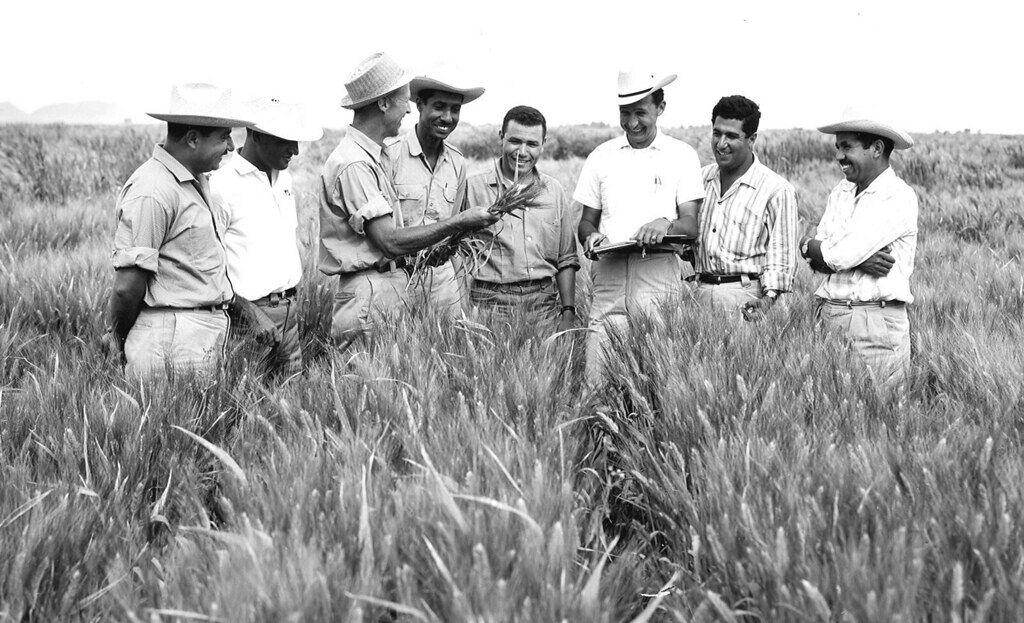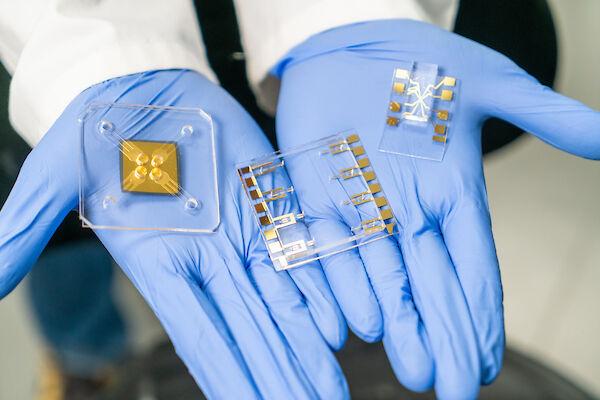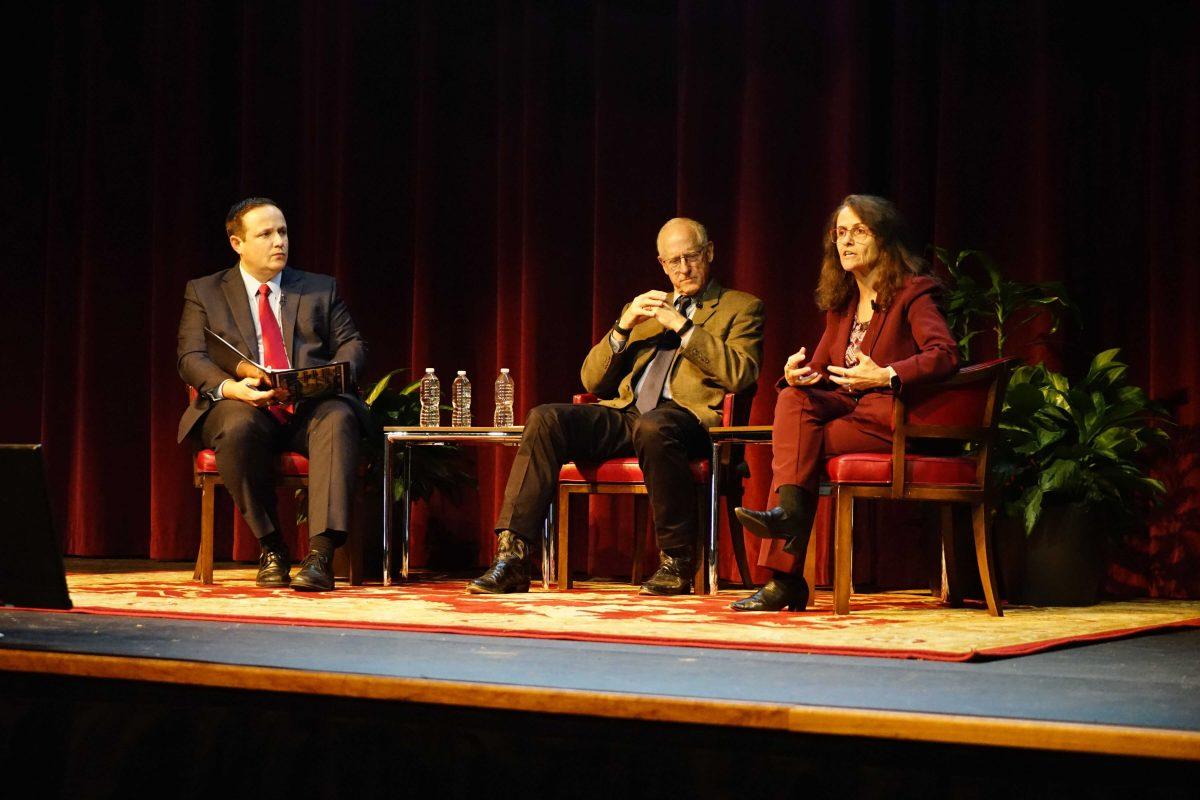The past several years have seen the rapid growth of “Do-It-Yourself” synthetic biology groups, according to the Brookings Institution’s website. The Washington, D.C. based research group has reported the rise of these group in the United States and around the world, but the relative youth of this type of biology and its unregulated nature have spawned safety and ethical concerns for independent groups as well as those attending universities, such as Texas A&M.
BioRiidl, a DIYbio organization, defines Do-It-Yourself biology as “a biotechnological social movement in which individuals, communities, and small organizations study biology and life science using the same methods as traditional research institutions.”
Some of the safety steps taken by Texas A&M University in the biology research that is conducted were explained by Texas A&M’s director of biosafety Christine McFarland.
“The Biosafety Program is responsible for providing training and support to faculty, staff and students to ensure compliance with all federal and institutional regulatory requirements associated with research reviewed by Texas A&M’s Institutional Biosafety Committee,” McFarland said. “The review of research must occur prior to the initiation of work that includes any use of pathogens and potential pathogens of humans, animals or plants.”
According to the Brookings Institution, since 2012, there has been a 138 percent and 266 percent increase in the number of DIYbio groups in the United States and Europe respectively. Canada, Australia, New Zealand, Latin America, Asia and Africa have also had smaller but still significant increases.
In 2005, Rob Carlson, former University of Washington Electrical Engineering Senior Scientist wrote a prominent Wired article titled “Splice It Yourself,” in which he discussed the emergence of what he described as “garbage biology.” According to Carlson, it would be possible to construct a fully functional genetic engineering laboratory with as little as $1,000 with purchases from eBay, the online auction and shopping website.
Later that year, Carlson constructed a laboratory in his garage from where he continued much of the work he had started at the Molecular Sciences Institute in Berkeley, California. Since then, many organizations composed of citizen science enthusiasts, who experiment with similar life science methods that are used by professional scientists, have emerged, as reported in March of 2013 by The Scientist, a professional science magazine.
The movement has resulted in various developments from new techniques for biomedical imaging to innovative genetic engineering solutions, which is a new concept for many, including students.
“I think it is kinda cool how you don’t have to necessarily be a professional scientist to do some of these things,” computer science senior Troy Edwards said.”It is kinda like how Bill Gates came up with a computer in his garage like how a lot of hackers don’t have any formal training.”
As the movement has grown, the issue of safety and ethical training has arisen because many DIYbio practitioners lack the formal ethical and safety education conducted in academic institutions, according to a 2013 report by the Woodrow Wilson Intrenational Center for Scholars. DIYbio information is designed to be easily shared and accessible to a wide audience, according to the code of principles on the DiYbio.org website, a Do-It-Yourself Biology community website.
One possibility raised in a United Nations report is an unintended violation of the United Nations Biological Weapons Convention, since the open-source nature of the information makes it readily available to terrorists and other non-state actors.
The environmental effects of DIYbio are also a matter of controversy, with groups such as the UN Convention on Biological Diversity cautioning, in a March 2015 report, the implications of synthetic biology on biodiversity and small-scale agriculture.
In Europe, the Federal Office for Consumer Protection and Food Safety of Germany, in a press release, has gone as far as to completely ban DIY synthetic biology outside specified facilities.
According to the website O’Reilly BioCoder, the Federal Bureau of Investigation has been monitoring DIYbio groups since 2009. The Food and Drug Administration proposed new regulations this year that establish a long process for approval of synthetic organisms.

















